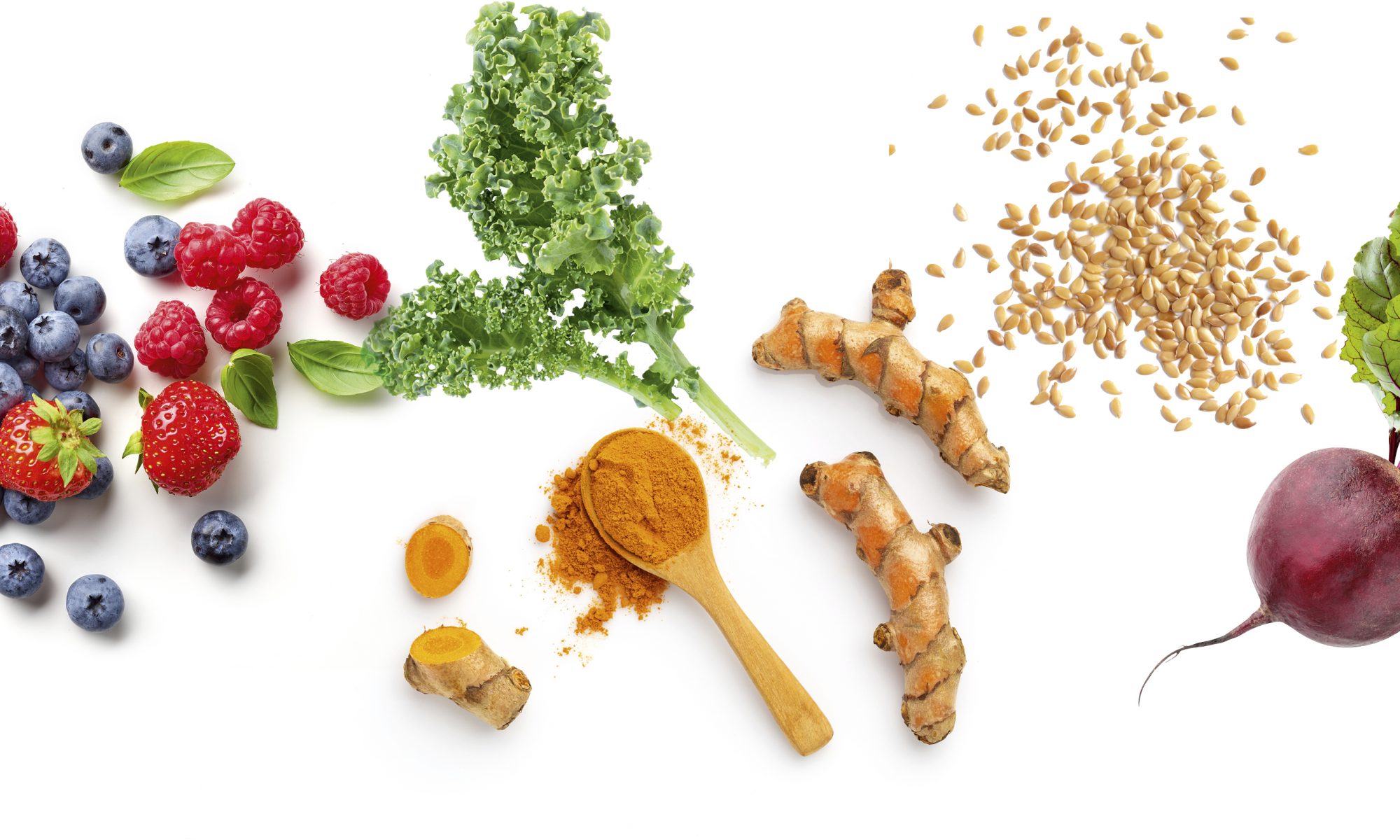Nutrition & Lifestyle Coach Charlotte Lau discusses the link between nutrition and the menstrual cycle
Half of the world’s population experience menstruation during their lifetime and with an estimated 30-40% getting PMS (pre-menstrual syndrome), it is important to consider how certain nutrients can help reduce symptoms. PMS includes physical elements such as headaches, bloating, lower backache, breast tenderness, acne and fatigue, as well as psychological complaints such as low mood and mood swings. Menstruation is an infradian rhythm (a bodily rhythm that exceeds our daily circadian rhythm) which fluctuates according to hormonal changes throughout the cycle; affecting the brain, metabolism, immune system, microbiome, stress response system and reproductive system. Listening to our infradian rhythms, can help us to understand and work with the impact of these shifts in physical and mental wellbeing to identify how nutritional changes could help to alleviate associated symptoms.
Learn to… know your cycle
The menstrual cycle is comprised of four phases; the follicular phase (7-10 days after the period ends), the ovulatory phase (3-4 days in the middle of your cycle), the luteal phase (10-14 days before the next bleed) and the menstrual phase (3-7 days during the bleed). In each of these four phases we require different metabolic requirements and energy demands. Higher complex carbohydrate foods such as grains are supportive of the follicular phase. Reducing salt intake and consuming colourful fruit and vegetables help regulate water retention in the ovulatory phase. Consuming quality fats such as nuts and seeds, protein, and magnesium-rich foods supports the luteal phase and upping our intake of iron-rich foods such as red meats, dark green leafy vegetables and fortified foods, alongside vitamin C-rich foods which helps aids absorption, support the menstrual phase.
Step away from… Inflammatory foods
As menstruation is an inflammatory process, a diverse range of vitamins, phytochemicals and minerals will support the immune system and offset excess inflammatory signalling. Hormonal imbalance may lead to heavy periods, skipped periods, PMS symptoms or lack of ovulation. An anti-inflammatory diet is beneficial – focus on eating foods that are processed as little as possible. Foods that are high in fibre and rich in vitamins and minerals can also decrease inflammation. Reduce your intake of alcohol, caffeine, fatty foods and fizzy drinks which can upset the gastrointestinal tract, contributing to bloating. Adding ginger into your diet may also help to relieve the severity of cramps as it contains gingerol, a compound which has anti-inflammatory effects.
Give it a go… Include specific foods
Low levels of calcium and vitamin D may exacerbate symptoms so it is important to consume foods rich in these as they may help to relieve symptoms. Milk, cheese, yoghurt, kale, orange and broccoli are all good sources of vitamin C, and vitamin D can be found in salmon, mackerel, egg yolks, fortified foods and mushrooms that have been exposed to sunlight. A daily vitamin D supplement of 10 mcg is also recommended between October and March. As the body loses iron in the menstrual blood, it is important to keep iron levels high during menstruation to avoid deficiency. Iron supports our energy levels so look to include foods such as liver, red meat, pulses, nuts, poultry, fish and dark green leafy vegetables. Cramping is the most common period symptom, affecting 85% of women. Magnesium and omega-3 fatty acids may help relieve menstrual cramping by relaxing the uterine muscle and reducing inflammatory compounds that cause period pain. Pumpkin seeds, walnuts, brazil nuts, almonds, cashew nuts and sunflower seeds are all great sources.
Charlotte runs Plume Nutrition, where she offers support and advice for weight management, controlling cravings, sleeplessness, stress and increasing energy levels. Find out more at plumenutrition.com
- words: Charlotte Lau
You may also like
Heat Wave!
Sarah Maxwell explains how to exercise when you’re dealing with hot flushes Exercising during menopause can be challenging in many ways. If hot flushes are a familiar part of your journey, you’re not alone. Many women know all too well...
Nourish to Flourish
Nutrition & Lifestyle Coach Charlotte Lau explores the benefits of incorporating another healthy ingredient into our diets. This month it’s cherries One of my personal favourites… English cherry season. This small, but delicious, stone fruit doesn’t last long, so make...
Take me to… a UK Staycation
We’re kicking off our new travel feature with a collection of ideas to get you trying something new with explorative and adventurous trips Cornish Escape The Park, Cornwall is an award-winning holiday village, just a short stroll from Mawgan Porth...










